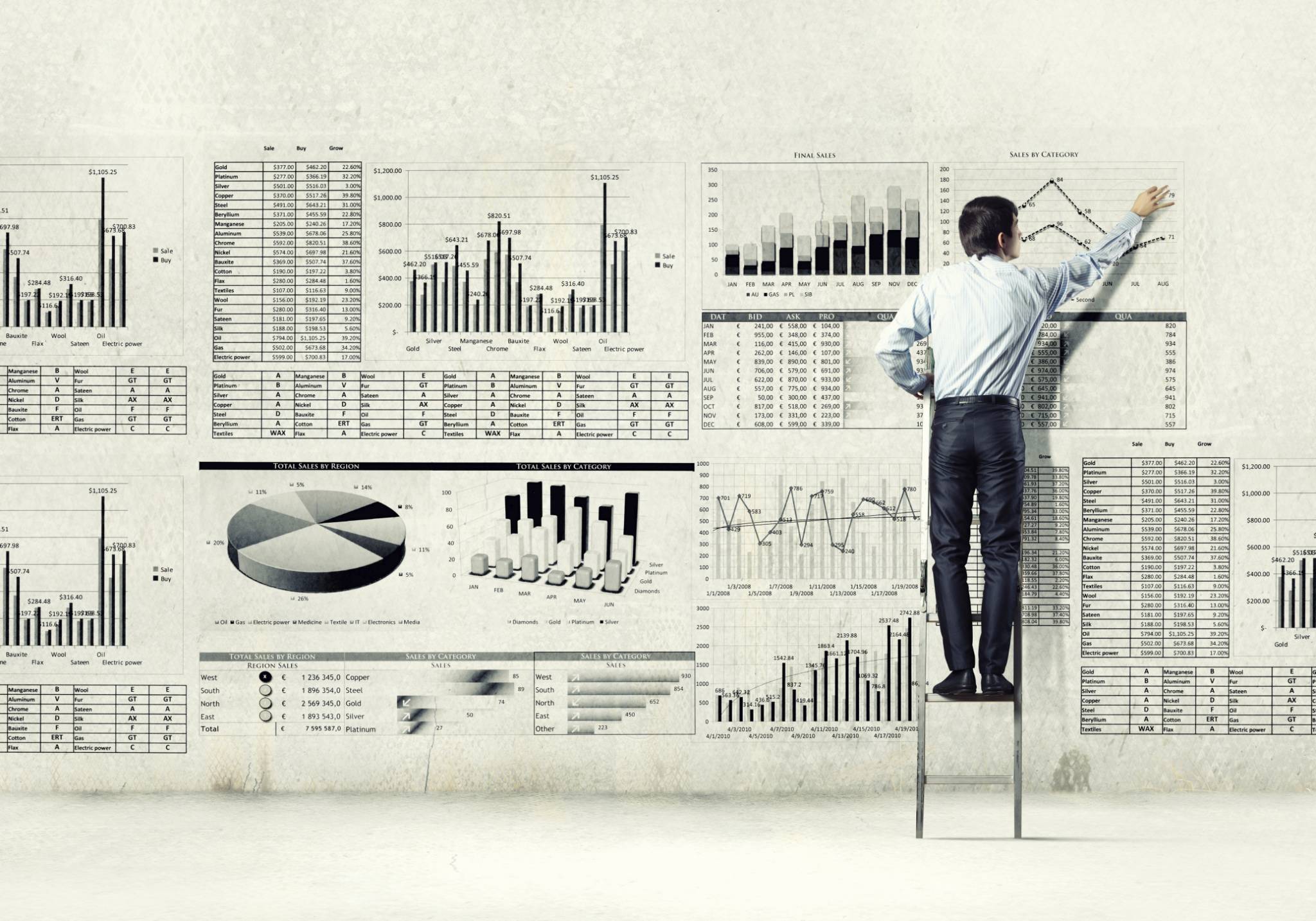by Joseph V. Amato, President and Chief Investment Officer—Equities, Neuberger Berman
It’s a striking situation: A President backed by one of the slimmest legislative majorities in U.S. history is looking to pass one of its largest tax-and-spend programs ever, and one that would likely dwarf anything seen in the last 70 years.
The American Jobs Plan would devote $2.3 trillion over the next eight years to a range of “infrastructure” needs, including transportation improvements ($621 billion for roads, bridges, rail, airports, public transport, electric cars and more); R&D, workforce development and manufacturing ($580 billion); “infrastructure at home” including water, high-speed broadband, affordable housing and education ($650 billion); and care for the elderly and disabled ($400 billion).
Once you catch your breath, there are things to be pleased about here.
As someone who, in normal times, travels extensively around the world, I have seen first-hand the comparative neglect of the U.S. transportation system. It’s a problem that has existed for years, and devoting resources to improve it over the long term could do wonders to enhance productivity—something that I believe business will favor and that could ultimately benefit investors. One encouraging element is the plan’s emphasis on the environment, where the need is critical.
Pay Toll
A key question, of course, is how to pay for it all.
The Biden administration is proposing various corporate tax changes that, according to the U.S. Treasury, could generate an estimated $2 trillion over the next decade. These include increasing the corporate income tax rate from 21% to 28%, establishing a minimum foreign income tax rate of 21%, and discouraging corporate inversions and the transfer of assets, particularly intangible assets, outside the U.S. The government also plans to advocate (though we are skeptical that this will be successful) with other countries for a global minimum tax rate to discourage “domicile shopping.”
All told, the new taxes could reduce S&P 500 earnings by about 6% – 8% from current 2022 estimates, but the real damage may be to companies’ long-term competitive position if other countries maintain significant differentials in rates. When the U.S. corporate tax rate was 35%, it was one of the highest in the world, and it taxed income in all foreign jurisdictions. This was a key reason for many “tax inversions” where companies changed their corporate headquarters to lower-tax jurisdictions, and deferred the repatriation of those foreign profits.
Keep in mind that this is just part of President Biden’s ambitious agenda. The administration is contemplating an additional $1 trillion or more in “human infrastructure” spending, which would likely be funded with much higher taxes on wealthy Americans, including increases to the top ordinary income tax bracket, taxing capital gains as ordinary income, and raising estate tax rates, as well as reducing exemptions from estate and gift taxes. All told, the corporate and individual tax increases would unwind much of the 2017 tax reform—the most significant legislative change of the last four years.
Wheels in Motion
At this point, there’s a lot of ground to cover before any of this becomes reality. Republicans appear unified in opposing Biden’s whole tax-and-spend program. Although the Democrats have a small majority in the House of Representatives, their 51 – 50 advantage in the Senate (with the Vice President’s deciding vote) is well below the 60 votes typically needed to advance legislation. As a result, they’ll likely operate through reconciliation, an arcane process that allows for simple majority approval of budget-related items. A recent ruling by the Senate Parliamentarian could give the Democrats more flexibility in applying reconciliation. Even more relevant, in our view, are the tax proposals put forth by Senate Democrats, which are less aggressive and will likely mitigate some of these tax increases.
What Do the Markets Think?
At this point, markets appear to be taking a “wait-and-see” approach to the infrastructure and tax package, since passing legislation of this magnitude will take time and likely require compromise, even among Democrats. We have not seen much pressure on equity valuations despite the significant tax implications. Understandably, investors are focused on the reopening and the impressive data that suggests real momentum in the economy, as well as vaccine progress. With 2021 earnings growth of 30% expected for S&P 500, the potential tax increases seem modest by comparison.
President Biden has recently expressed flexibility on the corporate tax rate, and our sense is that negotiations could yield sensible compromise (maybe a rate of 25%) on this and other elements of the tax plan. Should that occur, then the infrastructure package could contribute to the durability of the impressive economic expansion that is already in motion.
Copyright © Neuberger Berman














